Field Trips are an important component of learning at Auburn University. They often significantly enhance the content of a course by providing information that is difficult to convey in a laboratory or classroom setting. Advanced planning can help minimize risk exposures to faculty, staff, students, and Auburn University associated with field trips. The following information is designed to serve as a guide to assist Auburn University faculty and staff in making a judicious effort to ensure a safe educational experience for students participating in field trips under their guidance. This information is intended to supplement and enhance any existing college, school, or department guidelines or procedures. In the absence of department guidelines or procedures, these guidelines serve as a framework for field trip management.
A field trip is defined as a University supervised educational or instructional journey or excursion away from the Auburn University campus, whether or not in University vehicles, that is organized and/or sponsored by a department or unit of the University, or by a faculty member or other authorized employee of the University, that is related to an approved academic program or area of study, serves an academic purpose, and involves participation by one or more students.
“Field Trip” as referenced here does not apply to international travel (contact the Office of International Programs for assistance). It is not intended to include internships, practicums, co-operative education, service learning, field research, volunteer activity not part of a University program, study abroad, on-campus excursions, out of classroom laboratory experiences of a routine nature, and travel by university athletic teams and related personnel pursuant to approved policies of the Athletics Department.
Field trip participants may include University faculty, staff, and students connected with the academic course. Other participation requires an academic purpose and departmental approval.
PLEASE NOTE: This information is intended to assist those individuals tasked with the planning and successful execution of university supervised field trips. However, each trip is unique and these guidelines do not address all scenarios that field trip participants, or their leaders could face. Departments and/or field trip leaders should contact Risk Management and Safety for general guidance during the planning process for each specific trip.

